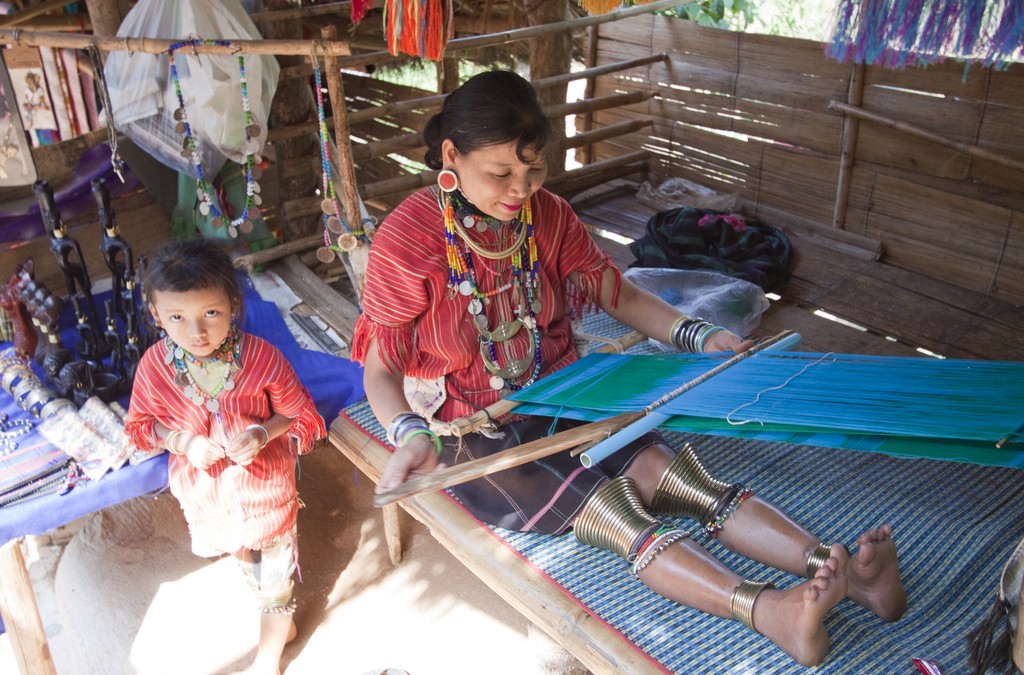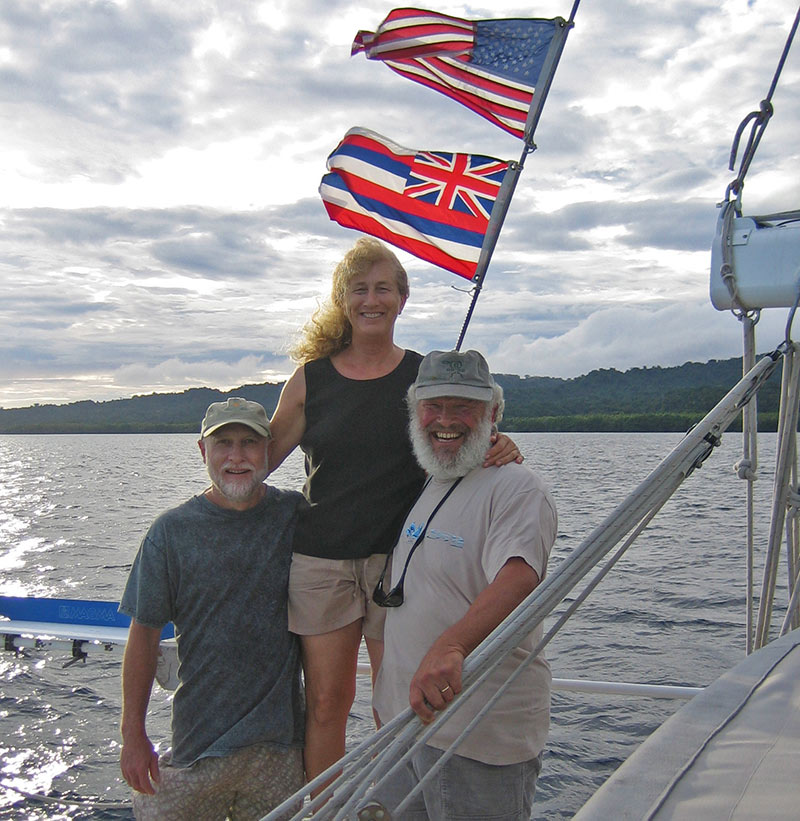for AlterNet / By Emily Polk. Photograph by Mickey Bo.
In a northern Thai border town nestled against a jungle river that divides Thailand from Burma, a group of Burmese Karen hill tribe women are meeting in secret. A few dozen gather at the end of a dirt lane speckled with roosters and giggling children in a wooden house that belongs to one of their leaders. Most of the women live in crowded refugee camps scattered along the Thai border.
They have left the camps illegally today. They are not allowed to travel anywhere in Thailand without a pink card, and few of them have one. Some have paid their way to this meeting with bribes. Others boarded the bus and prayed the police at the checkpoints would not search them. They are all in danger of being arrested and jailed. Not just for leaving the camps, but for their work with what is considered a “rebel group” in Burma. Some, if caught here, will be deported.
These women are the leaders of the Karen Women’s Organization (KWO), a massive leadership and empowerment training project involving more than 30,000 Karen hill tribe women in refugee camps in Thailand and displaced women in Burma. KWO is part of the decades-long fight to end the violent oppression and ethnic cleansing of hill tribes by the State Peace and Development Council (SPDC), the military dictatorship in Burma.
I have come to this meeting with the radio documentary program Outer Voices, which records the stories of activist women in Asia and the Pacific Rim and the ways they are working toward social change. Today more than 140,000 Burmese refugees live in camps in Thailand, the majority of whom are Karen. For more than 50 years they have been displaced from their villages by the SPDC in an effort to quell any insurgencies from the Karen National Liberation Army, (KNLA), a resistance army fighting for a Karen state. Their houses have been burned, livestock killed, crops destroyed. Women have been raped and men have been kidnapped and forced into labor or to join the military.
“We are working to empower women in the refugee camps, and hoping for freedom for our country,” said Zipporah Sein, a kind-faced woman in her mid-thirties and secretary for KWO. “One of our objectives is to be freed from all kinds of oppression. We empower women through training. We do training about women’s rights, women’s leadership, organizational skills and community level management, and power sharing so women have more confidence and can participate as committee members in the camps.”
KWO began more than 50 years ago largely as a means to support KNLA soldiers at the frontlines and provide assistance to women and their families. Today the organization is structured into four main areas: community care and relief, education and training, income generation, and networking and information. They are supported by grants from international NGOs as well as their own fundraising efforts, which include a food stand outside of their offices. “Many of the women feel hopeless in the camps,” said one 25-year-old KWO member. “They don’t know how to work, they have no skills. In my opinion I would like to develop them so when we go back to our own country they will have skills and be able to work.”
Although the refugee camps provide a safer home for the Karen, conditions are squalid and the camps are still at risk of being attacked by the SPDC. “In the refugee camps we built our house with bamboo,” said Naw K’nyaw Paw, a KWO member, speaking in San Francisco at a Global Fund for Women event. “There is no electricity. To go to school you need a candle. The classrooms are overcrowded. The school materials are from foreign countries so we don’t learn a lot about Burma. Also there are not enough textbooks, so students spend time copying during the day time in the classroom. Most of the teachers are students who graduated from high school there. How can you educate the students when even the teachers can’t even go out of the refugee camps? Young people feel depressed and have very low expectations. The refugees don’t have work so they don’t have an income to support their children.”
TOPICS: Conflict Resolution, Ethnic Minorities.



